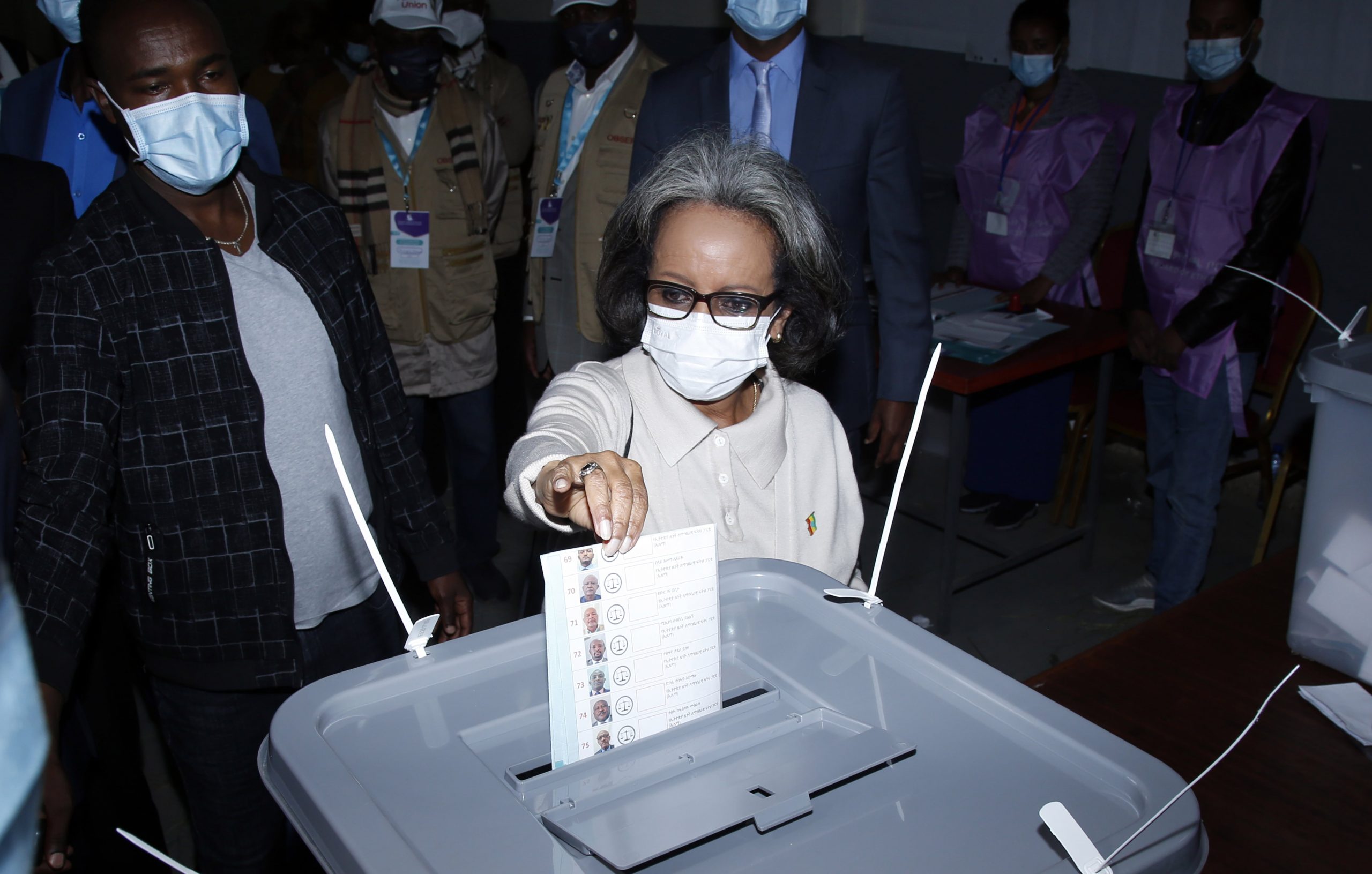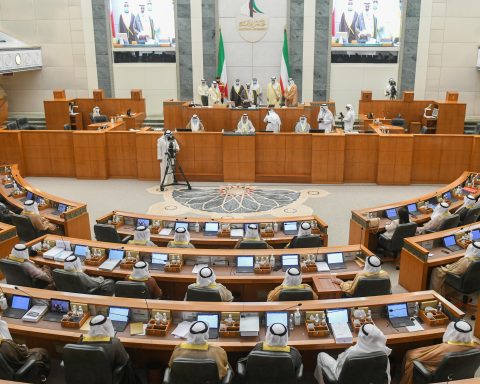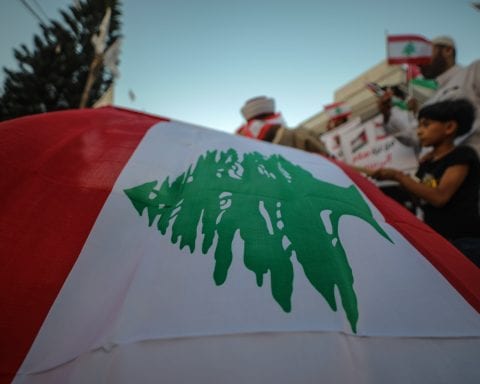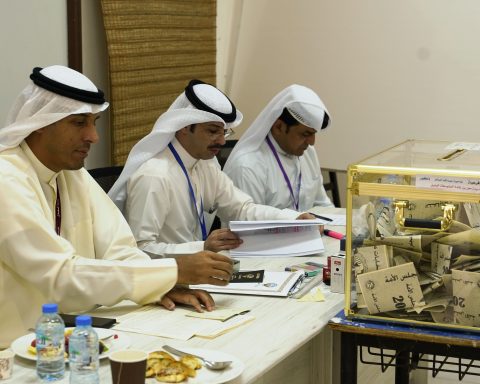On August 29, 2020, it was announced that the general elections in Ethiopia would be postponed indefinitely due to the COVID-19 epidemic. After the Federal Ministry of Health advised the government that necessary measures had been taken against the epidemic, the National Electoral Board of Ethiopia (NEBE) announced that elections would be held on June 5, 2021. Following these developments, the regional administration in Tigray decided to hold their own elections and a political crisis arose with the federal government. The political crisis soon turned into a conflict between the Ethiopian forces and the Tigray People’s Liberation Front (TPLF). Although the Ethiopian army declared that the operation ended in a victory, more than 75,000 people have been trying to survive in refugee camps under difficult conditions on the Sudanese border alone.
It was later announced that the general election in Ethiopia, which has a parliamentary and federal system, was postponed from June 5 to June 21 due to problems with voter registration and the printing of the ballot papers. Thus, the general election was postponed for the second time in just one year. The June 21 general election is sixth general election since the civil war that ended in 1991, and some developments have negatively affected the domestic and foreign policies of the country in recent years, making these elections more important than the previous ones. These developments are the conflicts and international repression in Tigray, the border dispute with Sudan, the Grand Ethiopian Renaissance Dam (GERD) dispute, and the intermittent protests and holding of political prisoners in the Oromia region.
For the Abiy Ahmed government, at least 51% of the electorate must support it to win the Ethiopian elections. In this context, according to the polls and additional data, the Abiy Ahmed government is likely to win the elections. The elections in the Oromia region present an important opportunity for Abiy Ahmed, as the region will be sending 178 seats to the national parliament, amid the two major opposition parties boycotting the election. Opposition parties had declared that they boycotted the election because their leaders and protesters were arrested and subjected to repression. Therefore, according to many, it is expected that the Abiy Ahmed government will win a large number of seats from this region.
While Abiy Ahmed will most likely win the general election, the challenges in both domestic and foreign politics will strain his government. For instance, the experience of democracy in the country tends to improve with the reforms made in domestic politics. However, the intermittent demonstrations in different parts of the country, especially in the Oromia region, and the continuation of armed conflicts by excluding the TPLF from the government and elections, threatens prosperity and peace within the country. In foreign policy, the developments that made the Abiy Ahmed government fragile have been the increase of international pressure due to the Tigray crisis; the inability to resolve the GERD dispute; and the border issue with Sudan. Meanwhile, the growth rate of the Ethiopian economy has decreased from 10% to 2% due to the effect of the COVID-19 pandemic. These factors will be an important factor challenging the Abiy Ahmed government during the election.
When the issue of the legitimacy of the Abiy Ahmed government is examined, it is clear that the supporters of the Prosperity Party and the opposition parties competing in the elections see the current developments as a legitimate process. However, on the other hand, the Tigray people will continue to be a group that challenges the country’s government in the post-election period, especially due to their abstention from voting.
Based on all these developments, although the election process in Ethiopia will not go smoothly, it seems likely that the Prosperity Party will win. However, the boycott of the elections by several opposition parties and the decision to postpone the votes in regions holding 110 of Ethiopia’s 547 electoral districts, including Tigray, due to security concerns, makes this process fragile. In addition, the increasing international pressure on the Abiy Ahmed government is among the situations that will force it during this period and the subsequent processes.














